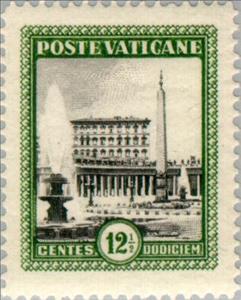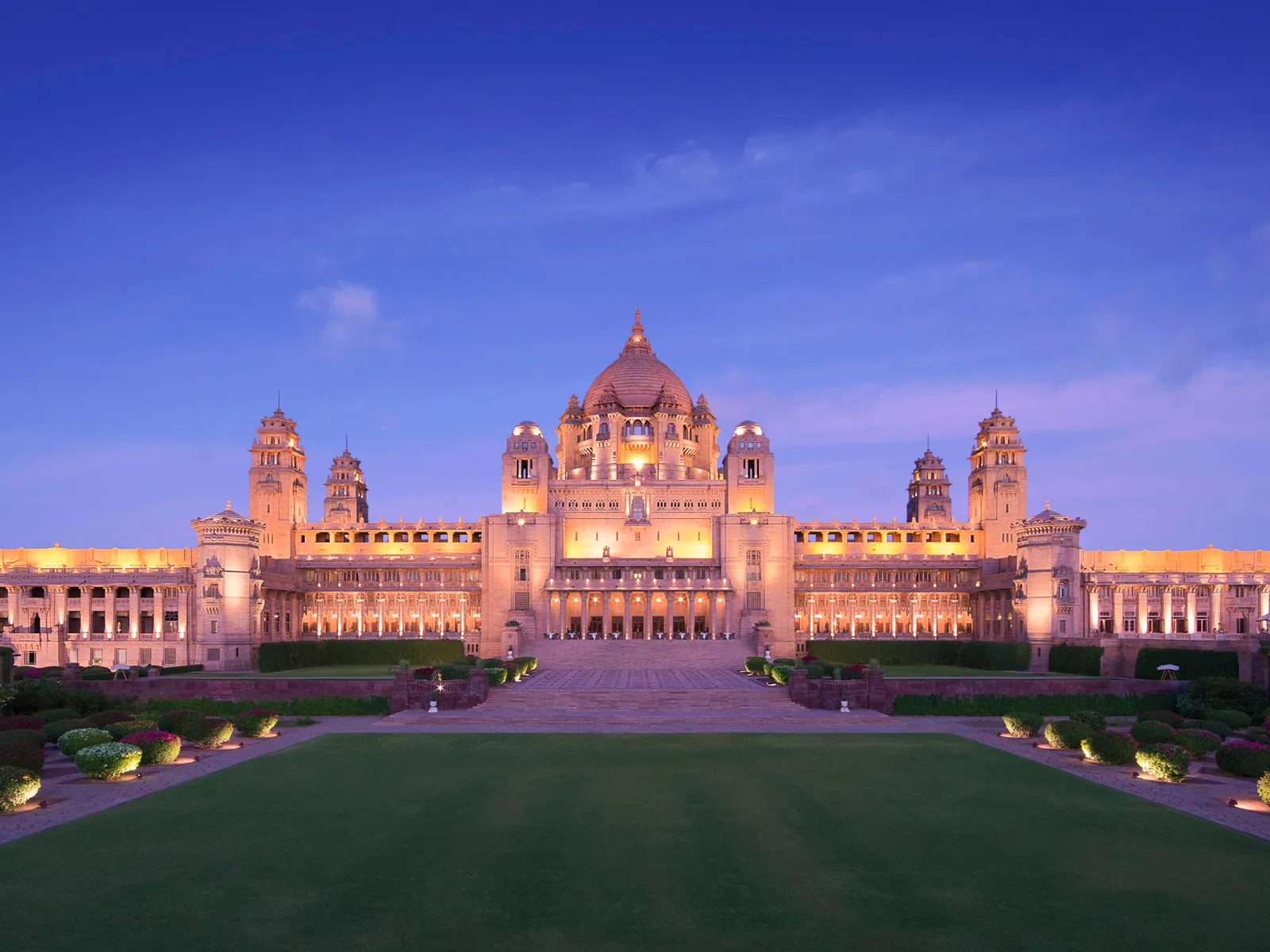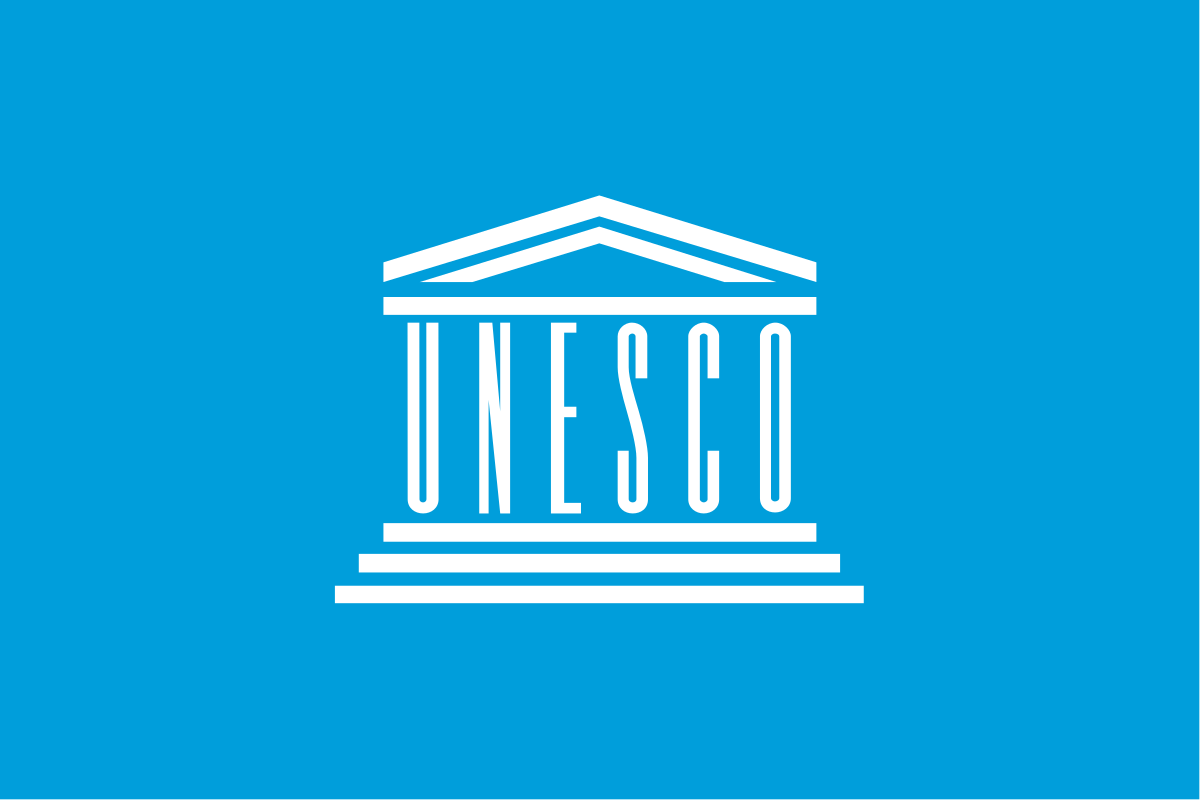Stamp: St. Peter's Square with the Vatican Palace (Vatican City 1933)
St. Peter's Square with the Vatican Palace (Vatican City 1933)
31 May (Vatican City ) within release Gardens and medallions goes into circulation Stamp St. Peter's Square with the Vatican Palace face value 12½ Vatican centesimo
| Stamp St. Peter's Square with the Vatican Palace in catalogues | |
|---|---|
| Michel: | Mi:VA 23 |
| Yvert et Tellier: | Yt:VA 46 |
| Unificato: | Un:VA 21 |
| Bolaffi: | Bol:VA 21 |
Stamp is vertical format.
Also in the issue Gardens and medallions:
- Stamp - St. Peter's Square face value 20;
- Stamp - Vatican City face value 2;
- Stamp - Vatican City face value 2.50;
- Stamp - Coat of arms of Pius XI face value 5;
- Stamp - St. Peter's Square with the Vatican Palace face value 10;
- Stamp - St. Peter's Square with the Vatican Palace face value 12½;
- Stamp - St. Peter's Square with the Vatican Palace face value 20;
- Stamp - St. Peter's Square with the Vatican Palace face value 25;
- Stamp - St. Peter's Church seen from the gardens of the Vatican face value 30;
- Stamp - St. Peter's Church seen from the gardens of the Vatican face value 50;
- Stamp - St. Peter's Church seen from the gardens of the Vatican face value 75;
- Stamp - St. Peter's Church seen from the gardens of the Vatican face value 80;
- Stamp - Pope Pius XI face value 1;
- Stamp - Pope Pius XI face value 1.25;
- Stamp - Pope Pius XI face value 2;
- Stamp - Pope Pius XI face value 2.75;
- Stamp - St. Peter's Square face value 5;
- Stamp - St. Peter's Square face value 10;
Stamp St. Peter's Square with the Vatican Palace it reflects the thematic directions:
A palace is a large residence, often serving as a royal residence or the home for a head of state or another high-ranking dignitary, such as a bishop or archbishop. The word is derived from the Latin name palātium, for Palatine Hill in Rome which housed the Imperial residences
A building or edifice is a structure with a roof and walls standing more or less permanently in one place, such as a house or factory. Buildings come in a variety of sizes, shapes and functions, and have been adapted throughout history for a wide number of factors, from building materials available, to weather conditions, to land prices, ground conditions, specific uses and aesthetic reasons. Buildings serve several needs of society – primarily as shelter from weather, security, living space, privacy, to store belongings, and to comfortably live and work. A building as a shelter represents a physical division of the human habitat (a place of comfort and safety) and the outside (a place that at times may be harsh and harmful).
The United Nations Educational, Scientific and Cultural Organization (UNESCO; pronounced /juːˈnɛskoʊ/) is a specialized agency of the United Nations (UN) with the aim of promoting world peace and security through international cooperation in education, arts, sciences and culture. It has 194 member states and 12 associate members,as well as partners in the non-governmental, intergovernmental and private sector. Headquartered in Paris, France, UNESCO has 53 regional field offices and 199 national commissions



